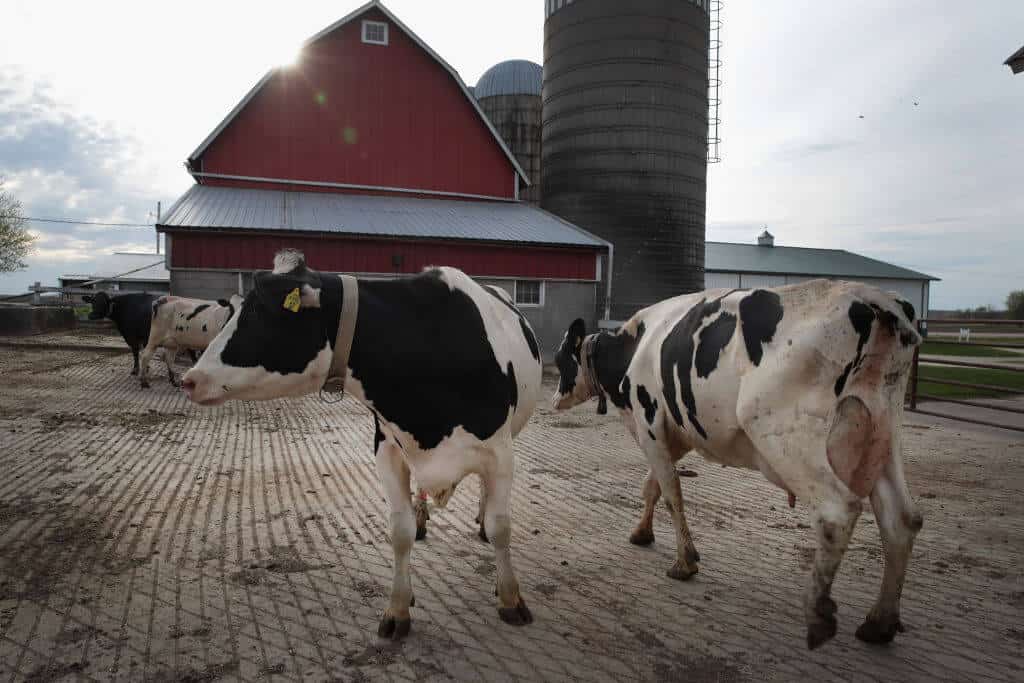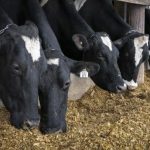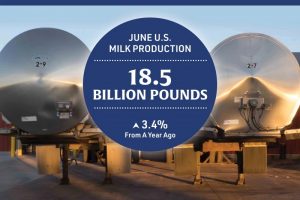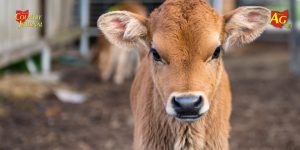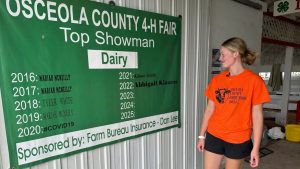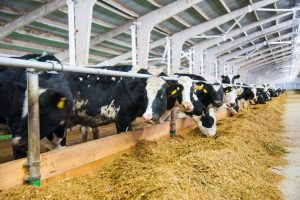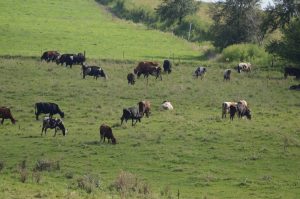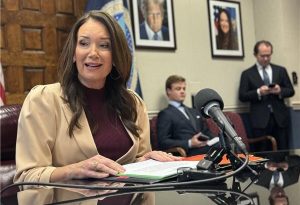
The Senate Committee on Agriculture and Tourism met Thursday to consider the nominees, who are selected by organizations representing the state’s dairy industry, municipal and county governments and environmental interest.
The Livestock Facility Siting Review Board, under the Department of Agriculture, Trade and Consumer Protection, intervenes when local and county governments and farmers are unable to come to an agreement on whether or not an agricultural operation can be built or expanded. The board, which only meets when an appeal needs to be heard, determines if the law has been followed when a decision to allow or block the construction is made. Appeals can be filed by the local government, farmer or immediately adjacent neighbors.
The board is responsible for interpreting the state’s livestock siting laws and regulations, which have remained the same for nearly 20 years despite complaints from industry, government and environmental interest groups that the rules are outdated and don’t suit Wisconsin’s agricultural landscape in 2023.
One of the nominees to the board, Scott Godfrey, had gone so long without getting confirmed that the term for which he was nominated is set to expire on May 1.
Adam Voskuil, an attorney for Midwest Environmental Advocates, says it’s good to finally see some action on the body.
“It’s good to see action, it was a bit concerning that ultimately every seat on the board was expired and some even empty,” he says. “It looks like even this action won’t fill all of the seats which is still a bit concerning. We’re pleased to see there’s action so it doesn’t become a defunct board.”
The committee’s chair, Rep. Joan Ballweg (R-Markesan) asked every nominee if the state’s siting rules should be updated. Despite the regular complaints from interest groups that the rules are outdated, most of the nominees said their role is just to determine if the law has been followed, not to decide what the rules are.
“As far as how the livestock facility siting review board works, I think it works very well. I really don’t have any suggestions on changing how we operate,” one of the nominees, Jerome Gaska, said. “Our job is to make sure that the rules are followed, and that people know the law is adhered to by both the producers and the local municipalities.”
The one nominee who did say some changes were needed was Jerry Halverson, former director of the Manitowoc County soil and water conservation department. Halverson was also the only nominee who had agriculture and business groups register opinions against his confirmation to the board. Two dairy industry groups filed opinions with the committee opposing his nomination, Venture Dairy Cooperative and the Wisconsin Dairy Alliance, as well as Wisconsin Manufacturers and Commerce.
Halverson was also involved in the writing of the livestock siting rules in 2004 and has served on several of DATCP’s technical expert committees that regularly review those rules.
“I recommend changes, tweaking if you will, to the original standards and requirements,” Halverson said, before adding that if confirmed he’d be able to follow the law when making decisions. “I refereed basketball, college and high school basketball for 4 years. And even though I may not always agree with the rule, you saved yourself by following the rules. The rules are what they are, a hand check is a hand check and a block is a block and a charge is a charge.”
In 2019, a bill to update the livestock siting rules died after one of the agricultural groups involved in a compromise with local governments pulled out late in the process. Voskuil says he doesn’t expect any legislative action on the issue this session but he’s expecting DATCP to announce its own new rules guiding the process.
But, he added, he’s concerned the new rules will be too industry friendly.
“We’ve had some concerns over the makeup of that board as being skewed toward folks in the industry,” he said. “We may see regulatory changes or proposals come out in the next couple months and we’ll await anxiously and hope they’re protective, but note the people brought in to determine the need for those changes may not reflect the sentiment of folks living down-gradient or downstream or downwind of those facilities. Their recommendations would be the starting point of the draft rule and that sets the window of where you can move to be more protective or less protective of public health.”
The committee did not vote on the nominees’ confirmation and Ballweg’s office did not have a timetable for when a vote would be held.
